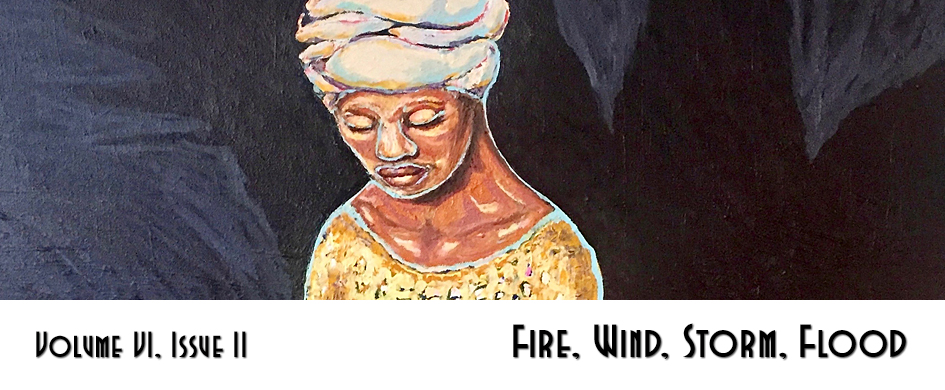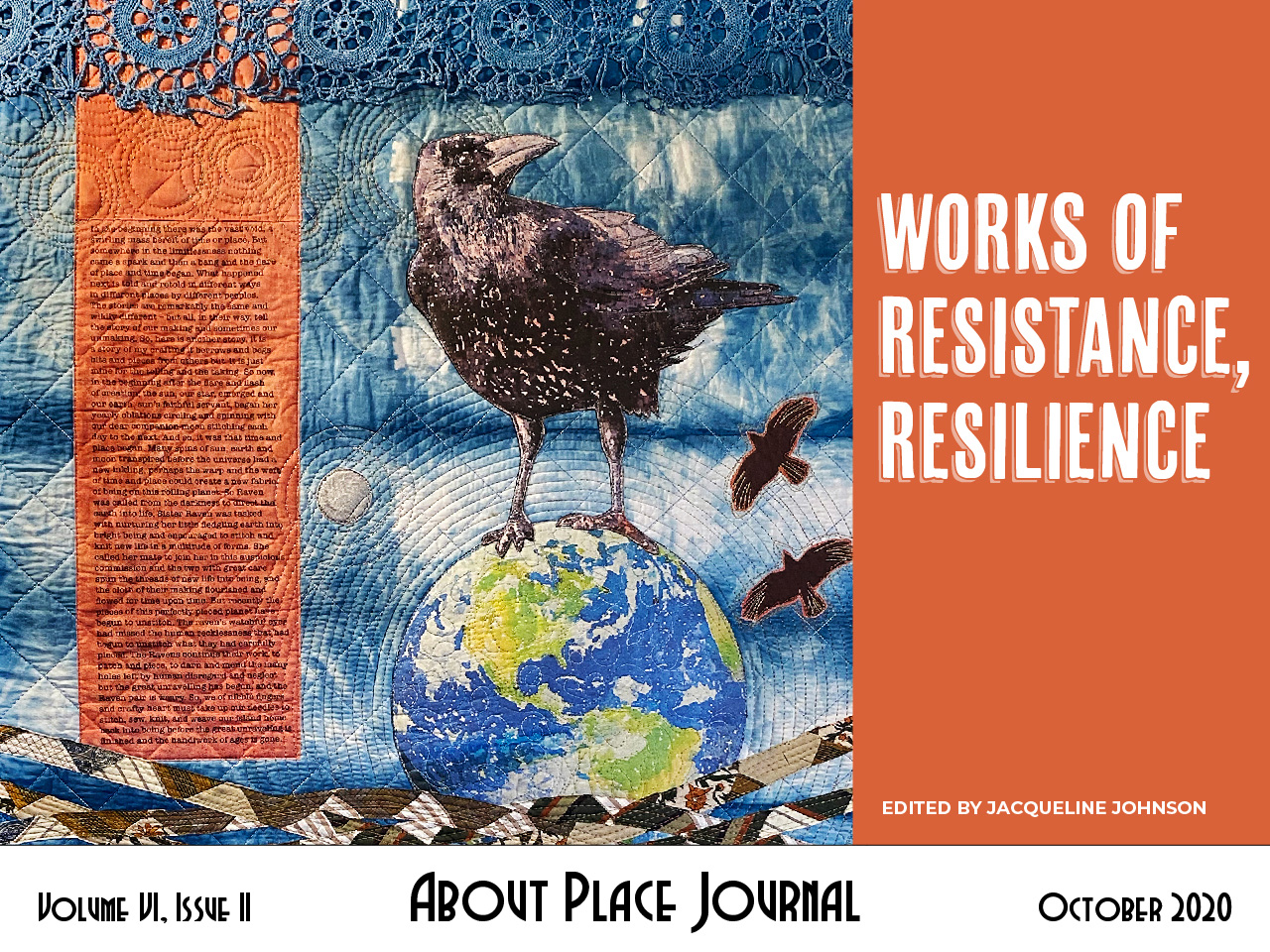It was held somewhere in Andhra Pradesh,
On a campus that felt abandoned, the fig trees
White with dust, the green buildings seeming
To tremble in the sun, as if they hadn’t decided
Yet whether to be. But we entered them as if
They were real and went up the stairs
To classrooms in which papers were presented,
The oscillating fans making the pages flutter
In the hands of professors of statistics
And microeconomics and political science,
Lithe, mustachioed men who could sit on their heels
For hours. At night, we gathered on the porch
Of a house that might have been
A farmhouse had it been out in the country,
Drinking big bottles of Kingfisher beer.
By way of explanation as to why I was there,
I must have told them about my father who,
Right then, was waking up on the other side
Of the earth to milk a hundred Holsteins,
And they must have known that, if I was there,
There was no danger of him killing himself.
I loved those professors who, when they agreed,
Would rock their heads from side to side,
Ear to shoulder, as if trying to clear them of water
So as to better hear each other, and who’d spend
Their whole careers toiling in the fields
Of forlorn Indian universities. I recognized them
As the bookish sons who’d left the farm but who
Kept going back through math or poetry
Because even while we were drinking beer
A man was struggling to lift a plastic drum
Over his head in order to pour the viscous red
Poison down his throat, committing suicide
By drinking pesticide, not to protest Monsanto,
But because it was the deadliest thing
He had at hand. I think now of how when
His son turned him over, he must have
Looked like those old women who smiled at me
In the street, their teeth stained red with betel leaf.


